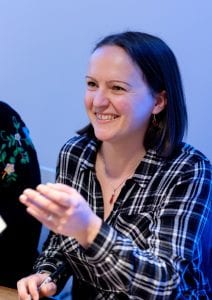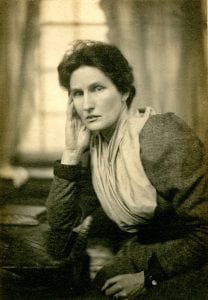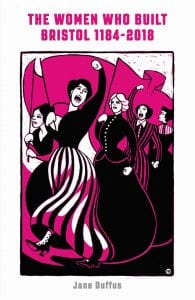By Professor Judith Squires, Deputy Vice-Chancellor and Provost
Delve into the historic records of any public institution and you’re likely to find a familiar pattern of gender inequality. Thankfully, recent trends show an encouraging move towards greater inclusivity.
While a great deal of work still remains to be done, and indeed underpins our commitment to redressing the balance across the University and the HE sector, it’s illuminating to look back so that in planning for the future, we’re both inspired and motivated to do better.
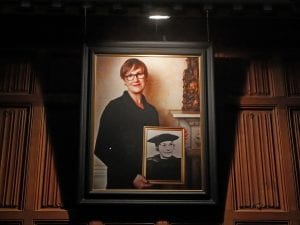
You may have seen our recent Vote 100 campaign in which we honoured the lives of notable female figures who not only shaped the history of the University, but of the world. If you missed it, I invite you to take a look at this remarkable and long overdue celebration of activists, pioneers and researchers without whom, society would undoubtedly be lacking.
It’s a legacy that we’re determinedly building upon. In fact, Bristol has strong roots from which to grow – we were the first higher education institute in England to admit women on an equal basis to men and we’re one of the founder members of the Royal Society Athena SWAN Charter, which recognises the sector’s commitment to advancing and promoting women’s careers.
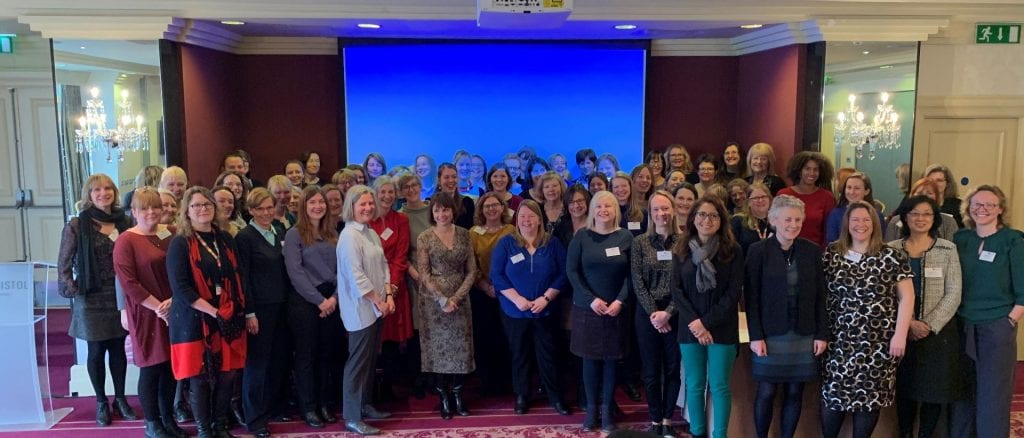
I’m proud to be able to say that I am among a growing number of female appointees at the University of Bristol. Today, we make up over half (55%) of the University’s total workforce and women account for a third of the senior team.
This is testament to the work we’ve been doing to build a diverse and inclusive environment in which talented individuals from all backgrounds, heritages and gender are supported and promoted to thrive.
This week, as part of the celebrations for International Women’s Day, I attended the second launch event of our Women’s Mentoring Network through which we plan to extend the influence of our female workforce.
It’s heartening that more than 250 female members of staff have already signed up to be part of the Network. They will be instrumental to shaping the future of the project, which in the spirit of equal opportunity, we intend to open to men as well. In these early stages though, our focus is on developing a strong platform where individual peer support and group mentoring can support people’s ambitions and ensure that as a University, we’re providing the right opportunities.
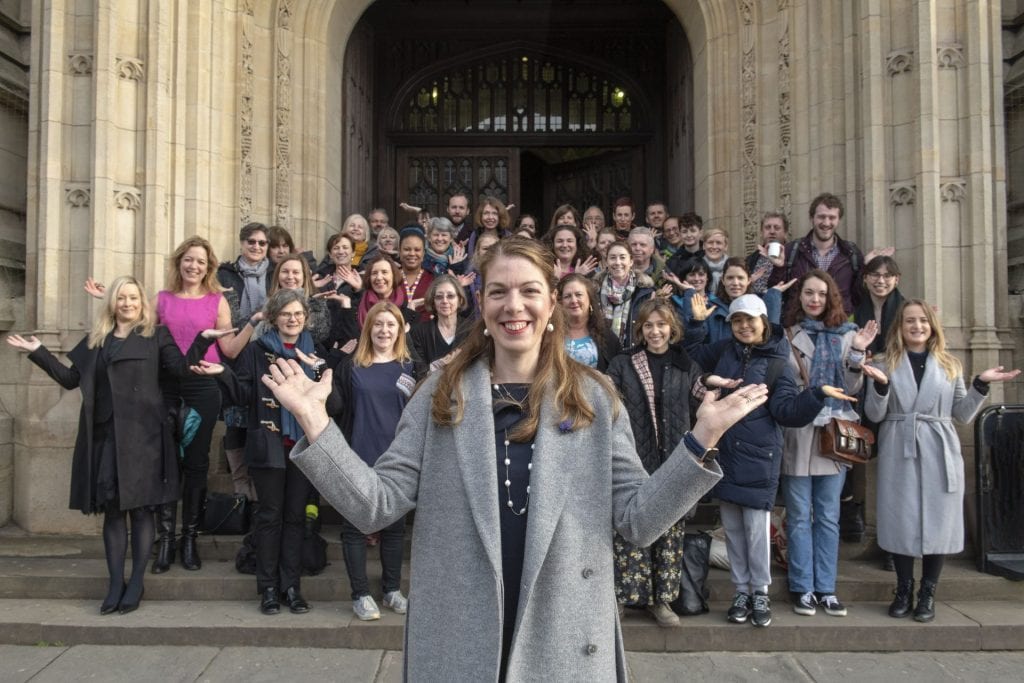
That means ensuring that everyone, of all backgrounds, has access to those opportunities, which is why we’re also piloting a Bristol version of the Aurora leadership development programme. Run by the Leadership Foundation for Higher Education, the programme is open to all people who identify as a woman, and aims to enable more women to develop the skills they need to climb the proverbial ladder and so address the underrepresentation of women at senior levels in the HE sector.
I’m glad to say that the programme has attracted so much attention that we’ve decided to fund a parallel scheme to ensure that no-one misses out. Our Female Leadership Initiative serves the same purpose as the Aurora programme – and adds to the growing list of initiatives through which we’re actively driving for gender balance in the sector and across the world.
It’s initiatives like these that nurture talent and a strong sense of community, which demonstrate how much the momentum is building to change the professional landscape for the better.
Thanks to a strong legacy and the growing pool of talented and ambitious people in our midst, we’re making huge strides towards becoming a more gender balanced institution. By working together, and by adding our voice to those of millions of others around the world as part of International Women’s Day, we’ve every reason to believe that we can go even further.

